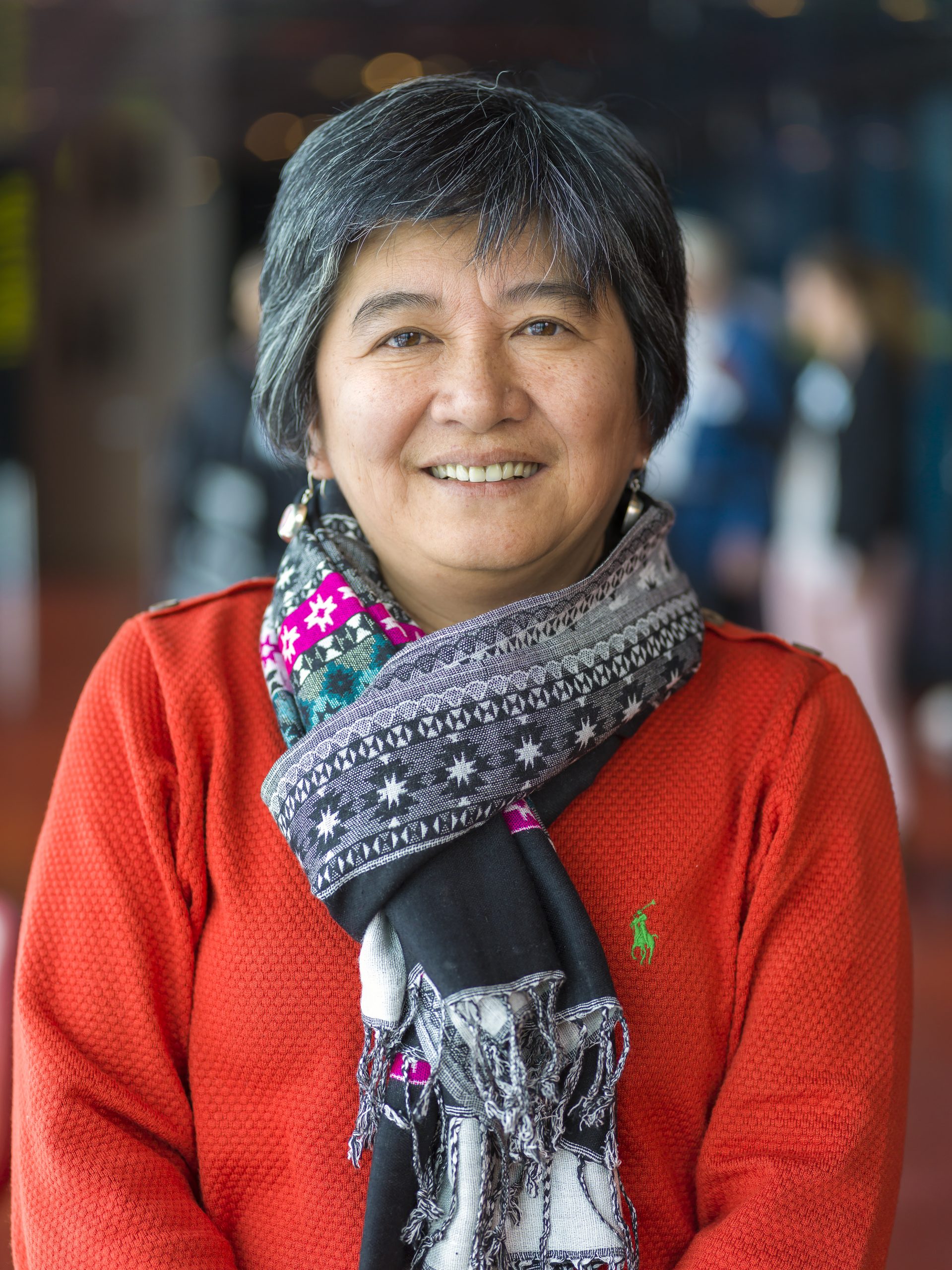2021-07-02
By Joan Carling
Indigenous Peoples all over the world act as guardians for the earth’s remaining great forests. We do this because these vast and beautiful natural habitats are woven deep into our cultures and because reciprocity, interdependence and existing in harmony with all living things are values that underpin the indigenous worldview. We do this because our lives, livelihoods and existence depend on the health of ecosystems which we know intimately, and safeguard daily.
As the world becomes more aware of the scale of the climate and environmental crises we face, research has highlighted the need to place Indigenous Peoples and local communities at the heart of our response. Far from being obstacles to development, we are at last being recognised as embodying the sustainable development the whole planet must embrace if we are to avoid catastrophe.
The traditional knowledge that Indigenous Peoples and local communities have gathered over generations living on and with the land offers a unique perspective that can inform and complement scientific research.
Protecting as we do 80% of the world’s biodiversity, our intimate and longstanding connection to fragile and threatened ecosystems gives researchers a vital window into the past, and a detailed inventory of the present. More than this, indigenous experience in coping with and adapting to environmental trends can also serve as a guiding light for the future, as we all adapt to massive changes.
Our sustainable management of rivers, seas, ice, peatlands, prairies, Savannah, hills and mountains are vital to maintaining the health of these varied biospheres and ecosystems, as well as the human and non-human populations who depend on them.
"Strengthening land tenure is an essential first step towards empowering Indigenous and local communities to strengthen their capacity to manage and govern their lands in ways that have been demonstrated over centuries to be sustainable."

Our continuing stewardship of forestlands which store around a quarter of all above-ground carbon could play a pivotal role in global efforts to mitigate the rapid warming of our planet.
In 2019 at the UN Climate Summit in New York, Indigenous Peoples promised to use our knowledge to work towards reducing green-house gas. We have also made it clear that this can only be achieved if our rights are respected.
Our conservation role can also mitigate the risks of pandemics like the one which we are living through today. From Zika, to HIV to COVID-19, research has highlighted links between forest disturbance, increased human encroachment into natural habitats and zoonotic disease spill-over. Studies have also specifically identified the protection of indigenous territories as an effective and affordable way to reduce this.
Already Indigenous Peoples and local communities are providing a wealth of environmental services from which the whole planet benefits. These actions are rarely acknowledged and almost never compensated appropriately. Rather, communities find themselves too often abandoned by states if not criminalised, and targeted by those with vested interest including investors and corporations simply for trying to protect their territories.
This must change, and the work of the Tenure Facility can offer us a model of how: building respectful partnerships with indigenous and local communities and organisations is vital – where our worldview is valued, and where information and knowledge are exchanged on an equal footing.
Strengthening land tenure is an essential first step towards empowering Indigenous and local communities to strengthen their capacity to manage and govern their lands in ways that have been demonstrated over centuries to be sustainable. Currently we customarily manage over half of the global land mass, but legally we own just a tenth of it. Imagine what we could do together, if this imbalance was corrected.
Providing sufficient funding and appropriate assistance to indigenous and local organisations to advance tenure and increase participation is not only a chance to right a historic wrong which has seen these communities lag far behind politically, economically, and socially for centuries. It can also provide a cost-effective solution to some of the great challenges of our age, from climate change and biodiversity collapse, to food security and global health.
Joan Carling is an indigenous activist from the Cordillera, Philippines. She has been working on indigenous issues at the grassroots to international levels for more than 20 years. Her field of expertise includes human rights, sustainable development, environment, and climate change, as well as on the principles and application of Free Prior and Informed Consent (FPIC). She was the Secretary General of the Asia Indigenous Peoples Pact (AIPP) – a coalition of 50 indigenous organizations across Asia, from 2008 to 2016. Ms. Carling was appointed by the UN ECOSOC as an expert- member of the UN Permanent Forum on Indigenous Issues (UNPFii) for 2014-16. She is currently the co-convenor of the Indigenous Peoples’ Major Group (IPMG) for Sustainable Development and works directly with indigenous organisations and networks across the globe. She is also a member of the Tenure Facility’s Board of Directors.
Other Blog Posts
Categories: